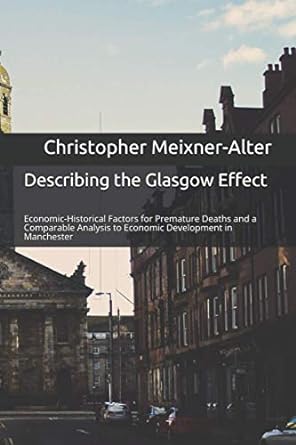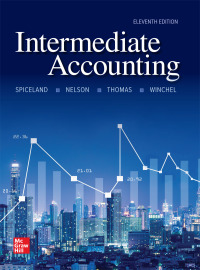Go back


Describing The Glasgow Effect Economic Historical Factors For Premature Deaths And A Comparable Analysis To Economic Development In Manchester(1st Edition)
Authors:
Christopher Meixneralter

Cover Type:Hardcover
Condition:Used
In Stock
Include with your book
Free shipping: April 04, 2024Popular items with books
Access to 3 Million+ solutions
Free ✝
Ask 10 Questions from expert
200,000+ Expert answers
✝ 7 days-trial
Total Price:
$0
List Price: $8.99
Savings: $8.99(100%)
Book details
ISBN: B08ZBFFBQ5, 979-8708381675
Book publisher: Independently published (March 17, 2021)
Get your hands on the best-selling book Describing The Glasgow Effect Economic Historical Factors For Premature Deaths And A Comparable Analysis To Economic Development In Manchester 1st Edition for free. Feed your curiosity and let your imagination soar with the best stories coming out to you without hefty price tags. Browse SolutionInn to discover a treasure trove of fiction and non-fiction books where every page leads the reader to an undiscovered world. Start your literary adventure right away and also enjoy free shipping of these complimentary books to your door.
Describing The Glasgow Effect Economic Historical Factors For Premature Deaths And A Comparable Analysis To Economic Development In Manchester 1st Edition Summary: Abstract: The aim of this bachelor’s thesis was to find out whether there is any economic-historical explanation for the infamous “Glasgow-effect”. This effect refers to the unusually high premature death rates within the city, which is still not understood in all its aspects. Finding a possible answer to this question required, first, the identification of three plausible economic-historical factors which may have caused this effect, namely, an investment backlog, overcrowding combined with poor housing and the development of the local health infrastructure. Drawing a possible conclusion also required a comparable analysis with a city which has similar characteristics. In this case, Manchester was chosen due to reasons further explained in the paper. The results reveal that, while one factor does not seem to have had any influence at all and one suggests an advantage of Glasgow concerning possible effects on premature deaths, the investment backlog which prevented the city to diversify its economy as well as halted growth rates seems to have led to increasing premature death rates, delivering a possible explanation for the Glasgow effect.
Customers also bought these books
Frequently Bought Together
Top Reviews for Books
Lee WILLIAMS
( 4 )
"Delivery was considerably fast, and the book I received was in a good condition."










